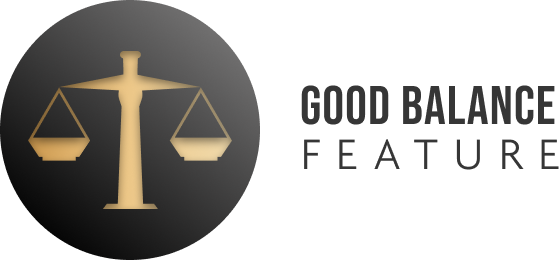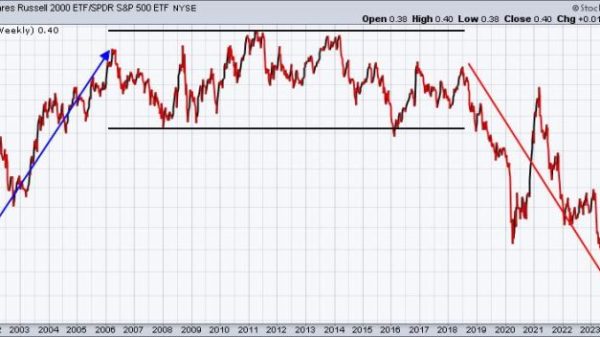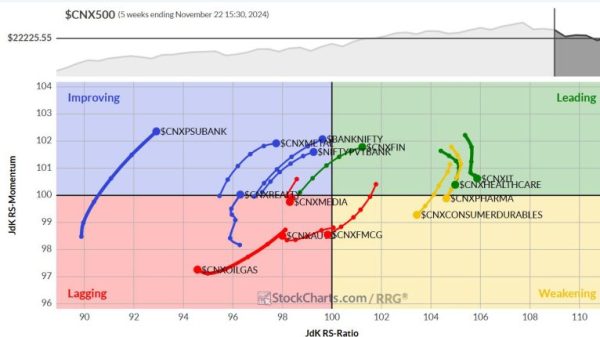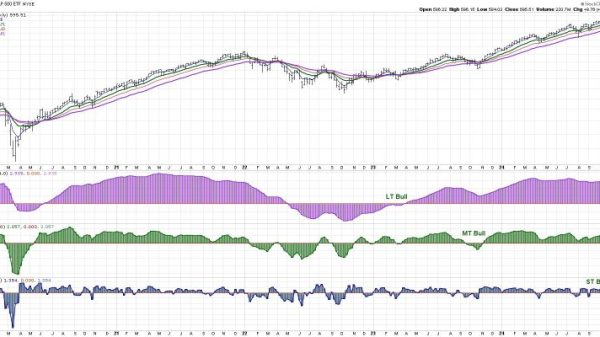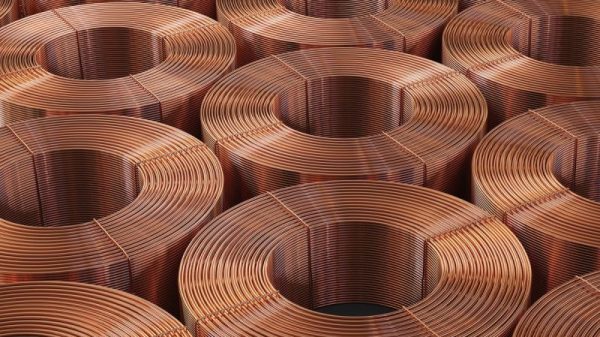Overview
The global transition to clean energy technologies is placing increased attention on the critical minerals essential to manufacturing emerging technologies. These critical minerals include rare earth elements (REEs) required to produce permanent magnets and catalytic components in clean technologies.
Canada hosts significant REE deposits that have become central to the country’s plan to build a domestic and global supply chain to support the energy transition. The country hosts globally significant REE deposits, with over 14 million tonnes of rare earth oxides (REOs) estimated as of 2021.
To support Canada’s net-zero ambitions, the Government of Saskatchewan is spearheading the construction of North America’s first integrated and commercial REE processing plant. Home to some of the world’s most prolific mining assets, Saskatchewan is well-placed to be a hub for minerals processing and aid the development of a sustainable domestic supply chain for critical minerals. Mining and exploration companies in this region will stand to benefit from a ready-made facility to process raw materials into usable components for manufacturers.
Appia Rare Earths and Uranium (CSE:API, OTCQX:APAAF) is an exploration and development mining company with properties targeting REEs and uranium in Saskatchewan and Ontario. The Alces Lake prospect in the Athabasca Basin of Saskatchewan, Appia’s flagship operation, contains the highest-grade monazite REE occurrences in North America and is among the highest globally. Alces Lake and the company’s additional REE prospects will benefit greatly from the soon-to-be-established REE processing facility in Saskatchewan.
Figure 1. Monazite-rich, rare earth element (REE) drill core from the Charles subzone of WRCB.
The presence of monazite-rich REE mineralization zones (Figure 1) at the Alces Lake property creates a significant opportunity for Appia, and additional monazite occurrences have been recently discovered in the area. Rare Earth Elements are not technically rare as they’re found in many rock types and geological environments, even trace amounts in most soil. However, it’s difficult to find deposits with high grades and substantial volumes, i.e., enough to mine economically, while also present in a mineral phase that can be processed.
Monazite comprises 50 to 60 percent total rare earth oxides (TREO), with 23 to 25 percent of these oxides designated as critical minerals by Canada and other countries. To put those numbers in context, monazite deposits contain up to 50 percent more critical REEs than bastnaesite deposits, another economically justifiable type of REE deposit. Additionally, the Alces Lake monazites contain economic-grade Ga (gallium) as a by-product.
In addition to Alces Lake, the company operates four other 100-percent-owned properties throughout the prolific uranium-rich Athabasca Basin (Figure 2). Loranger, North Wollaston, and Eastside projects each contain potential for significant amounts of uranium and REEs. Uranium has recently grown in demand as nuclear energy surges in popularity, increasing demand for the heavy metal. The company also has 100 percent ownership of the Elliot Lake uranium and REE property in Ontario.
Figure 2. Location of Alces Lake and current Appia claims in Northern Saskatchewan displayed on a geological domain map.
A management team with a combined 300 years of experience in the natural resource industry leads Appia in the exploration and development of its promising assets. In addition, the board of directors and leadership each bring decades of specialized expertise to guide Appia toward developing and commercializing its properties.
Company Highlights
Appia Rare Earths and Uranium is an exploration and development mining company with REE and uranium assets in Saskatchewan and Ontario.The company’s flagship property in the Athabasca Basin, Alces Lake, contains high-grade monazite occurrences which are known to contain a higher concentration of REEs than other types of deposits. The presence of monazite gives the Alces Lake prospect blue-sky potential as exploration continues.Appia operates four additional properties in the Athabasca Basin in Saskatchewan, each containing economically significant amounts of REEs and uranium.The company’s assets will significantly benefit from the planned REE processing facility in Saskatoon, Saskatchewan.An experienced management team with expertise throughout the natural resource industry leads Appia in exploring and developing its promising assets.
Key Projects
Athabasca Basin Projects
Appia has 100 percent ownership of five properties within Saskatchewan’s Athabasca Basin, known for its rich mineral deposits. Combined, the company holds 110,997 hectares in the region.
Project Highlights:
Alces Lake: The company’s flagship asset is prized for its significant monazite occurrences, known to have a high concentration of REEs, Th, and uranium. Alces Lake covers 35,682 hectares (88,173 acres). The project has coarse-grained monazite mineralization, which is easier to process than some other known REE occurrences/deposits. These mineralized zones at Alces Lake occur at or near surface level, typically within 10 meters to deeper levels, and comprising multiple zones over a large area (Figure 3).
Figure 3. 2022 target areas superimposed on a thorium (Th) equivalent radiometric anomaly map.
Additional highlights are:
World-class Total Rare Earth Oxide Deposits: Results from the 2021 drill program and recently completed 2022 program demonstrate the world-class potential of Alces Lake. The asset contains critical REEs necessary for permanent magnets, including neodymium, praseodymium, dysprosium and terbium.Close Proximity to REE Processing Facility: The project is near the Saskatchewan Research Council’s (SRC) new REE processing facility, which is expected to be fully operational in 2024. Existing pilot facilities have already been shown to optimize the monazite processing flow and have even processed monazite from Alces Lake.Loranger: Loranger covers 26,409 hectares and is located 10 kilometers away from the all-season provincial highway 905. Appia has recently carried out airborne EM surveys and ground prospecting to follow up on completed drilling campaigns, which discovered uranium mineralization up to 0.066 weight total percent.North Wollaston: Covering 11,372 hectares, the North Wollaston project includes uranium, molybdenum and REE mineralization. The project is near robust infrastructure and all-season highways, powerlines and airstrips. The company has conducted airborne EM, magnetic and radiometric surveys, and ground prospecting for new drilling targets.Eastside: Appia’s 4,933-hectare Eastside project includes uranium, copper, PGE and molybdenum mineralization. The property is located 50 kilometers from the company’s Loranger property. Field reconnaissance and prospecting was carried out and will be continued in 2023.Otherside: This land package, totaling 27,291 contiguous hectares within the north central Athabasca Basin, lies along and adjacent to the extension of the ENE-WSW-trending Grease River Shear Zone, which hosts the Fond du Lac unconformity uranium mineralization. The property has been historically explored by regional airborne geophysical, boulder prospecting, and lake sediment geochemical surveys which define numerous anomalous U target areas.
Elliot Lake Project
Figure 4. Location and geology of the Elliot Lake project.
The company’s Northern Ontario uranium and REE asset comprises 101 staked mineral claims approximately three kilometers away from the town of Elliot Lake. The Elliot Lake project is 30 kilometers north of the Trans-Canada highway and has access to strong local infrastructure.
Project Highlights:
Late-Stage Exploration Asset: The project has an exploration history dating back to 1949. The asset was acquired by Appia in 2014 and has since undergone multiple rounds of drill holes, surface samplings, and geophysical surveying using modern technologies and techniques. Significant Resource Estimate: The Elliot Lake project has a prolific NI 43-101 compliant mineral resource estimate, including:14.43 million tons grading 0.55 pounds uranium oxide/ton and 3.30 pounds TREE/ton, for a total of 8 million pounds uranium oxide and 47.7 million pounds TREE Indicated42.45 million tons grading 0.47 pounds uranium oxide/ton and 3.14 pounds TREE/ton, for a total of 20.1 million pounds uranium oxide and 133.2 million poundsTREE Inferred in the Teasdale Zone plus 30.31 million tons grading 0.91 pounds uranium oxide/ton, for a total of 27.6 million pounds uranium oxide.Quartz-Pebble Mineralizations with Consistent Grading: Elliot Lake’s mineralizations host uranium and REEs within quartz-pebble conglomerate beds with consistent grades in thickness. Uranium deposits are primarily brannerite and uraninite, types that are readily leachable.
Management Team
Anastasios (Tom) Drivas – CEO and Director
Tom Drivas is a business entrepreneur with over 30 years of experience in various industries, including over 20 years in the mineral resource industry, and is also currently a director of Romios Gold Resources Inc., a publicly traded company he founded in 1995.
Stephen Burega – President
Stephen has significant management and operations experience in the mining and natural resources sectors including corporate development and fundraising; joint venture structure and negotiations; and management of public markets. His deep emerging markets background along with a strong understanding of stakeholder management, social development and structured community engagement and programming also positions him well to lead Appia’s First Nations/Indigenous community engagement.
Frank van de Water – CFO, Secretary and Director
Frank van de Water has been involved with international mining, metals and resource companies in North and Latin Americas, Europe and Africa for over 40 years.
Dr. Irvine R. Annesley – VP of Exploration
Dr. Irvine R. Annesley is emeritus professor in economic (mining and mineral exploration) geology at École Nationale Supérieure de Géologie, (Nancy, France), and adjunct professor in geology at the University of Saskatchewan. He has over 35 years of global exploration and applied research experience in uranium, gold and base metals, most recently with Athabasca uranium explorer JNR Resources Inc.
